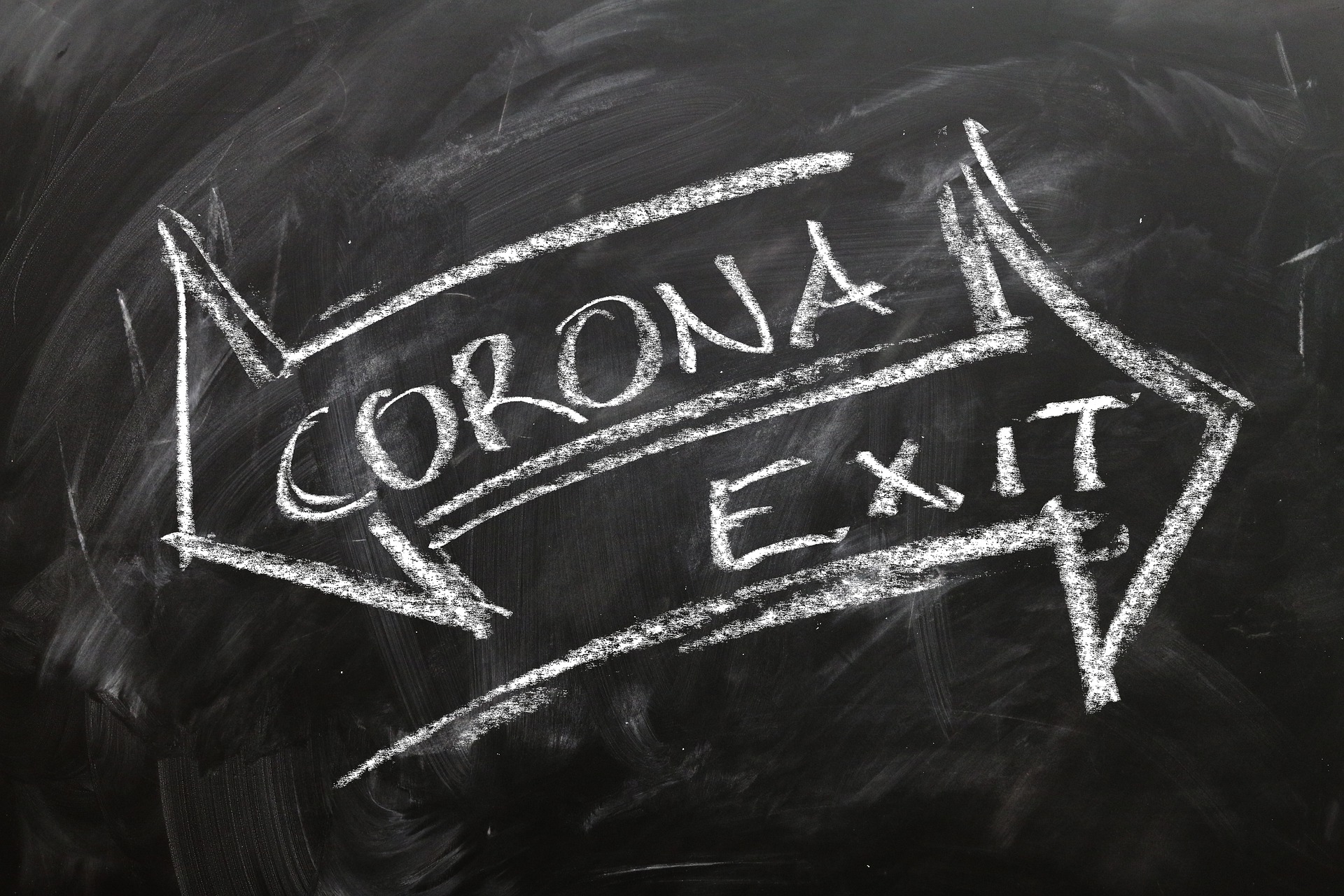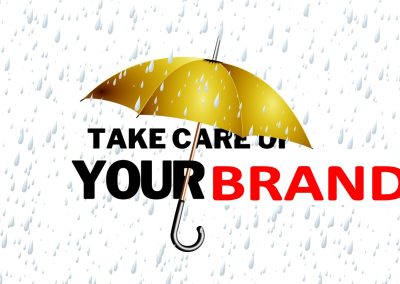The pandemic is not yet behind us, and the idea of a new normal is being spread to quell any uncertainty generated by Covid-19. But does it really make sense to anchor at our old normality?
We are experiencing de-confinement, still worried about a further virus outbreak. With no cure and a severe recession in sight, most governments, media and even lots of companies are repeating that yes, we are not going back to our previous lifestyle, but we shall head to the new normal with confidence.
This brings us back to the ‘frame analysis’ studies by Erving Goffman, who examined the power of communication sources in selecting images, messages and stereotypes. Setting a conceptual framework when telling a story drives people understanding towards a specific, desired meaning – and builds consensus.
The new normal is an inviting, reassuring frame: it says things will not be the same (new), but they will be somehow familiar since recalling our routine and standards to some extent (normal). Well, we should be careful about this.
Covid-19 triggered tremendous changes in the economic, social and cultural scenario, impacting people, communities and businesses. Some effects are temporary, while others are expected to endure. Think of healthy behaviours: as soon as social distancing and infection mitigation measures will be lifted, most people will take off masks and restart to shake hands, but the personal attitude to health and safety has irreversibly changed, as we all know how fragile we are and how fast things can turn bad. From now on, we will carefully consider health and safety when travelling, looking for a job, or taking any other decision.
We have learnt first-hand how digital technologies can support our life, and keep us away from office. Before Covid-19, according to Istat only 1.2% of Italian employees worked from remote, but the pandemic forced about 90% of large enterprises (over 250 employees) to kick-off or extend agile work programs. Even 37% of small companies (10 to 49 employees) and about 18% of microbusinesses (less than 9 employees) are now implementing remote work initiatives. From now on, candidates are not likely to consider employers that do not allow any kind of flexibility about office hours, smart working or digital tools.
Urban mobility has changed too, and more people seem to be reluctant to use public transportation. While this might be a temporary effect, preliminary data from real estate experts show the way we live in our houses has changed all at once. From now on, we will look for bigger flats to dedicate one room to home office, balconies and private gardens to have some outdoor time. We will dream of living far from congested city centres to enjoy a more relaxed routine.
Our shopping habits suffered during lockdown time. We refrained from shopping in large supermarkets during peak hours or the week-ends, and discovered e-commerce (+55% in Italy for Food&Grocery, says Netcomm) and nearby shops. From now on, it will be a little more difficult to quit the convenience of home delivery, or the pleasure of a personal relationship with our neighbour shopkeeper.
Most notably, our purchase decisions are no more solely driven by product features and price. The pandemic made us raise our hands for brands that care about us, show responsibility and commitment to a better future.
We are driven by sustainability and purpose (and Millennials lead this trend). According to The RepTrak Company, Covid-19 accelerated some shifts that had previously begun and partially altered the ranking of dimensions influencing corporate reputation.
Independent from awareness, nowadays reputation is less conditioned by product quality, performance or price, and increasingly related to workplace, governance, leadership and citizenship. After the pandemic, transparency and ethics have gained a notable relevance for companies willing to build and protect their reputation. And this is here to stay, calling for organisations and brands to change the way they act and communicate.
So, the new normal is likely to be quite different from our ante Covid-19 normality. Maybe we should leave the comfortable frame apart, and try to imagine something really new.
There’s something more. The new normal conveys the idea that our normality is okay, and we don’t want to give it up. Yes, there are some issues, but we can manage them. But, if considering it from a wider, global perspective, we need to acknowledge our normality is a reality to which many do not have access, as pointed out by Nigerian sustainability expert Chime Asonye.
We shouldn’t call it new normal not only because this frame limits ourselves, but because it constrains our ability to radically transform society and commit to a more sustainable, inclusive world. If normal has not worked for the majority of the world’s population, this might be the right time to shape a new paradigm – for us, and the good of all.




